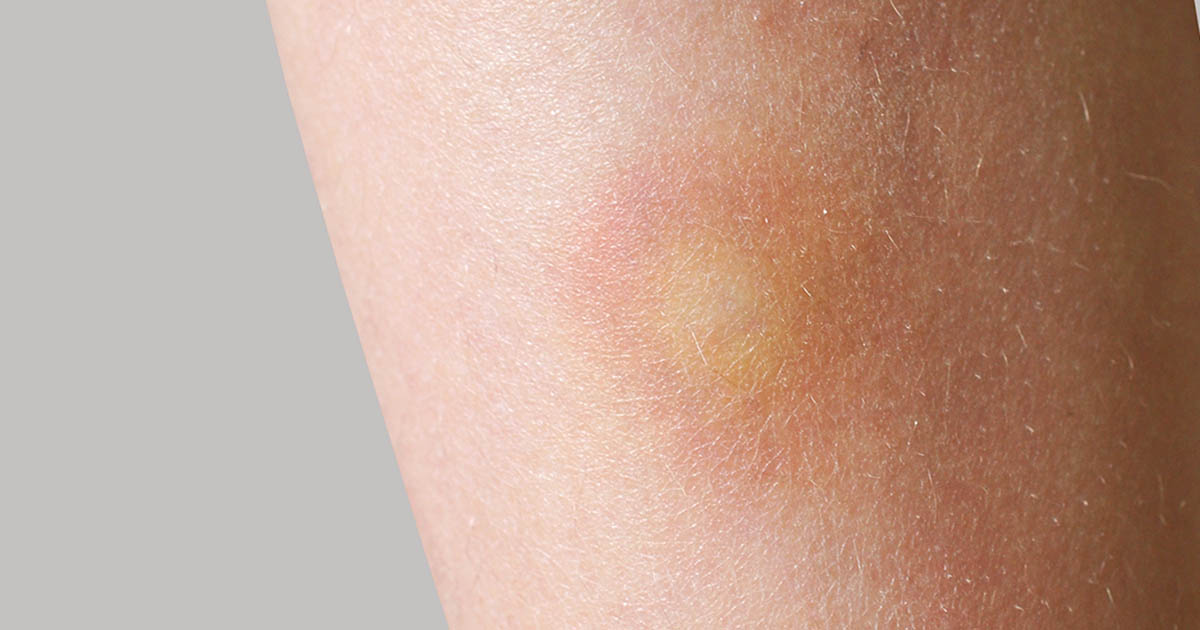Guide To The Complications Of Noonan Syndrome
Noonan syndrome is a genetic condition that can cause differences in facial features and results in short stature. Patients with this syndrome frequently have cardiac issues such as irregular heart rhythms and thickening of the heart muscle, and they may also experience developmental delays. Blood tests can be performed to diagnose Noonan syndrome, and prenatal testing may be available too. Doctors might also suspect a diagnosis of Noonan syndrome after completing a physical exam. Since signs of the condition are subtle, some patients with Noonan syndrome do not get properly diagnosed until adulthood. Currently, the syndrome is estimated to occur in one out of every one thousand to 2,500 individuals. Treatment for the condition is tailored to the specific needs of each patient. Patients with heart problems are treated by cardiologists, and surgery may be necessary. Treatment with growth hormones may be appropriate for those with short stature, and early intervention and stimulation can help patients with learning differences. Of course, if treatment is not begun promptly, there is a risk of complications.
Excessive Bleeding And Bruising

Noonan syndrome typically causes patients to experience excessive bleeding and bruising. For example, the patient may bleed for longer than normal after a minor scratch or cut, and bruises may appear following minor knocks or bumps. To monitor bleeding and bruising, it may be helpful to keep a journal of the dates of any cuts, knocks, or injuries and when bleeding or bruising appeared. Information on the location and size of any bruises may be useful as well. Any cuts should be monitored for the presence of pus or other signs of infection, and bruises should be observed for changes in size. Any signs of infection or indications of an increase in the size of a bruise should be brought to a doctor's attention. Patients with Noonan syndrome are generally advised to avoid the use of acetylsalicylic acid in any form, and doctors may need to prescribe medications that assist in clot formation for affected individuals. Patients with this syndrome should notify their doctors and dentists about their condition before having any dental or surgical procedure.
Higher Risk Of Cancer

Noonan syndrome patients are at a higher risk of cancer compared to the general population. Specifically, there is an increased risk of leukemia (especially juvenile myelomonocytic leukemia and acute lymphoblastic leukemia) for individuals with this condition. Noonan syndrome can also increase the risk of neuroblastoma (a cancer of the nerves) and embryonal rhabdomyosarcoma (a type of muscle cancer). Patients are at an elevated risk of developing certain kinds of benign tumors, including giant cell lesions and granular cell tumors. While Noonan syndrome does increase a patient's chances of getting cancer, the increase in risk is currently believed to be very slight. Doctors recommend that patients with this condition receive the same cancer screenings advised for the general population; no additional screenings are recommended at this time. Patients with this syndrome will receive frequent monitoring from healthcare professionals, and they should mention any lumps, swollen lymph nodes, pain, coughing, vision changes, or unintended weight loss to their doctors.
